( Quang Ngai Newspaper) - Quang Ngai people, wherever they are and whatever they do, always keep the familiar accent of their homeland.
Follow the voice of the homeland
Coming to Quang Ngai, listening to people talking, other locals will certainly not understand the full meaning of many words. If we pay attention, we will realize that many local words in the Quang Ngai language are related to common Vietnamese or Vietnamese in neighboring localities such as Quang Nam and Binh Dinh. For example, to let children get dirty, Quang Ngai people will say "bo bo luan bo loc"; when children cry, they will say "choc bo nuoc bo non". "Bo" in the above expressions is "vua". Linguists have pointed out that there is a close phonetic relationship between the words "bo" and "vua". Regarding the transformation between the two consonants b- and v-, we also have "Thach Bich" - "Da Vach", "cay but" - "cay viet"... For the two rhymes -ua and -o, we have the words "mua" - "vu" and "vu" - "voa". Therefore, the conversion of "bo" and "vua" into each other is a completely natural phonetic phenomenon.
During the spring worshiping occasions, we often hear Quang Ngai people pray from the word “chánh ngoất”. “Chánh ngoất” here is “chánh nguyệt”, which means January. “Ngoất” is a variation of “nguyết”, similarly “trang nhu tuyet” is shortened and changed into “trang tot”, “do nhu huyet” becomes “do hoat”. Talking about the weddings of ancient Quang Ngai people, we will see the phrases “đải xiằng”, “gánh xiằng”, “bỏ xieng”, “lải xieng”. “Xiểng” is a wedding gift and it is the “sinh” in the word “sính Lễ”. “Sính” changes into “xiểng” similar to “kinh sunglasses” - “đải kinh”, “chiênh cổ” - “chieng Trống”.
 |
| People's Artist Tra Giang supports the painting "Reeds on Violac Pass" for the first "Quang Ngai Countryside Colors" Program in 2024 held in Ho Chi Minh City. Photo: TL |
Interestingly, Quang Ngai people are very fond of using empty words with the rhyme ê such as “e” (uh), “day nê” (that’s right), “da he” (da ha), “suong qua he” (so happy), “ne la” (or is it), “day nè” (here this)... If with most of the "a" sounds, Quang Ngai people pronounce them similar to Quang Nam people, then with the "ê" sound, we see a phonetic relationship with the corresponding words in Binh Dinh or popular language. For example, “day nê” in Quang Ngai is pronounced “day na”, “day ne” by Binh Dinh people. “He”, “he” in Quang Ngai are equivalent to “ha/he”, “ha/he”. Because the sounds “a”, “e”, “ê” can be easily converted to each other, similar to ma/ma - me/me, tea - che, ke - ga...
Quang Ngai has many words that are quite strange to people from other places because they are ancient words. For example, the word “trinh”, instead of saying “thua ba me”, Quang Ngai people will say “trinh ba me”. “Trinh” means “thua” and this is a Sino-Vietnamese word that is no longer used independently, but its mark is still left in many words such as “trinh bat”, “tuong trinh”, especially the compound “thua trinh”. Similarly, instead of saying “bo di”, Quang Ngai people will emphasize more on “bai di”, “thoi bai”. “Bai” here means “bo” and it is a Sino-Vietnamese word, as in the words “bai lie”, “bai cong” and the compound “bai bo”.
Full of love for the countryside
Tracing the origin of a community's language is not simple. The history of migration, the process of cohabitation between ethnic groups, the state's socio-cultural policies through the periods, the material and spiritual life of the resident communities, along with the characteristics of the geographical position, climate and soil of a land... are factors that make up the unique and complex nature of the language of that land. The same is true for the Quang Ngai language. Even tracing the origin of each local word of the Quang Ngai people is not easy. But that doesn't matter, for Quang Ngai people, they still say "eng com", "di lom", "chung chang", "trot quot", "lua lua", "quờ quơ", "cai ret", "vit so", "day thoi ne"... every day without having to worry about etymology or phonetics or semantics! Quang Ngai language for Quang Ngai people is as familiar as food, water, and air. Because it is not only a means of communication but also a loving voice, a affectionate hometown word that encapsulates all the joys and sorrows of the souls of Quang people.
Quang Ngai dialect has remained the same for generations, simple and full of affection, just like the character of Quang Ngai people. Quang people still cherish and love the thousand-year-old dialect of their homeland. For Quang Ngai people far from home, besides the license plate number 76, the dialect is the first factor for them to recognize their fellow countrymen. What could be more heartwarming than in a foreign land, hearing a pure Quang Ngai accent? What could be more nostalgic and stirring than in a foreign land, hearing a song, a sentimental song about "My beloved homeland Quang Ngai"...
Nowadays, many young people make videos singing Quang Ngai songs in Quang Ngai language, teach Quang Ngai language, make mini dictionaries about Quang Ngai language... It may be awkward in some places, but that is the way for young people in Quang Ngai to express their love for their homeland and Quang Ngai language. No matter how life changes, Quang Ngai language will always be the language that encapsulates the love of the homeland of many generations of Quang Ngai people.
PHAM TUAN VU
RELATED NEWS:
Source








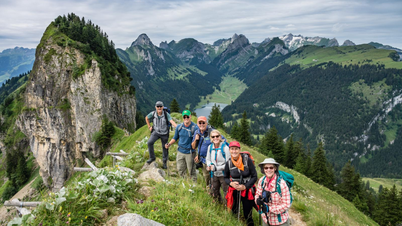
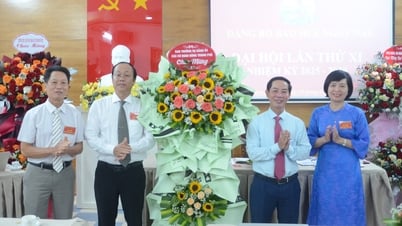

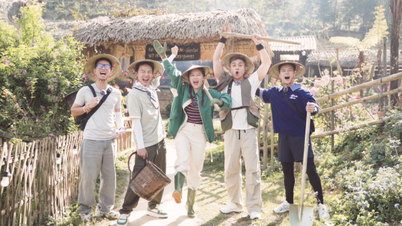


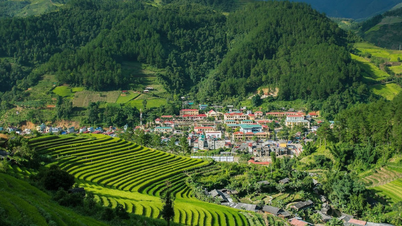
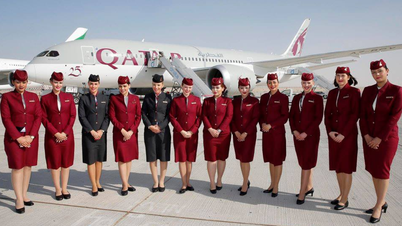
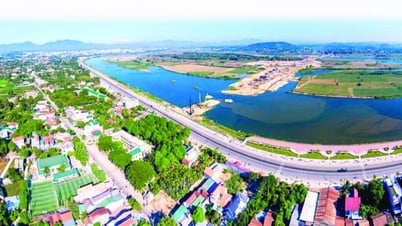


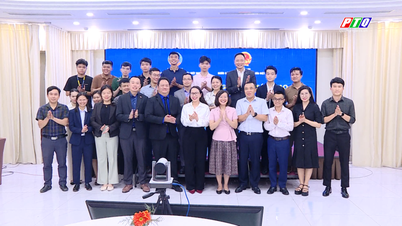
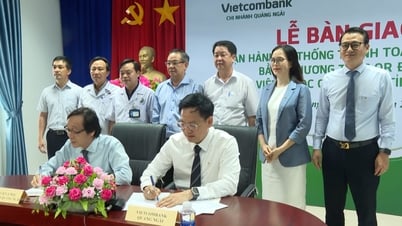
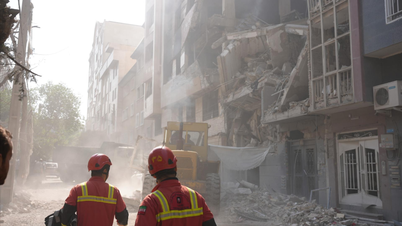





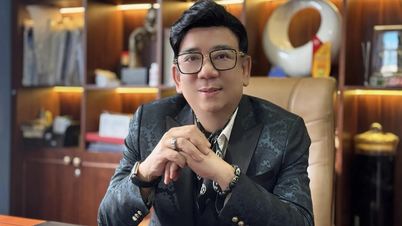
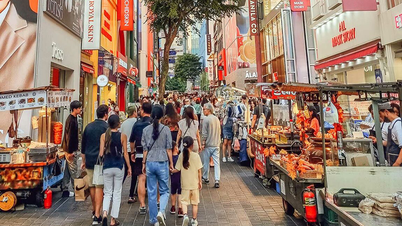
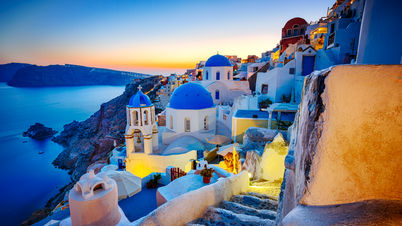
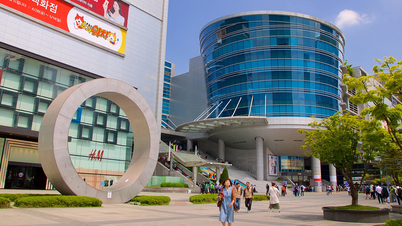
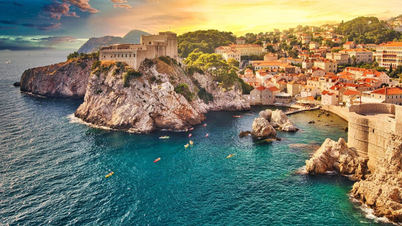
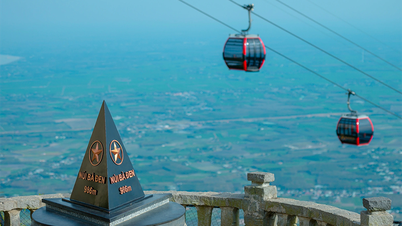
































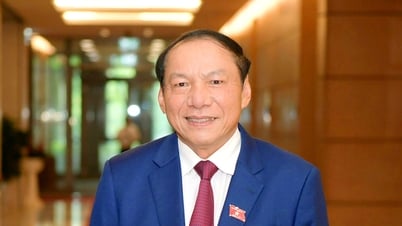








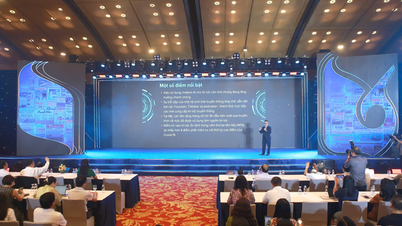










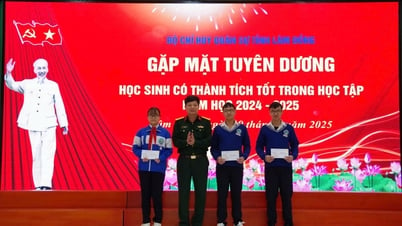

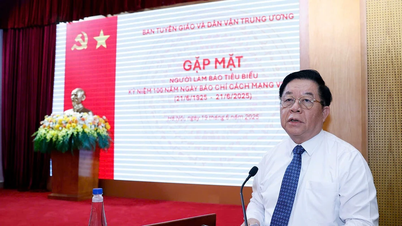

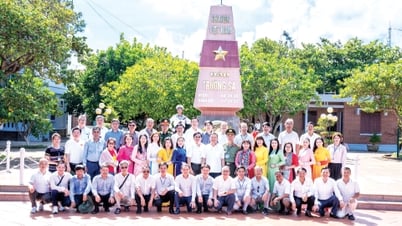













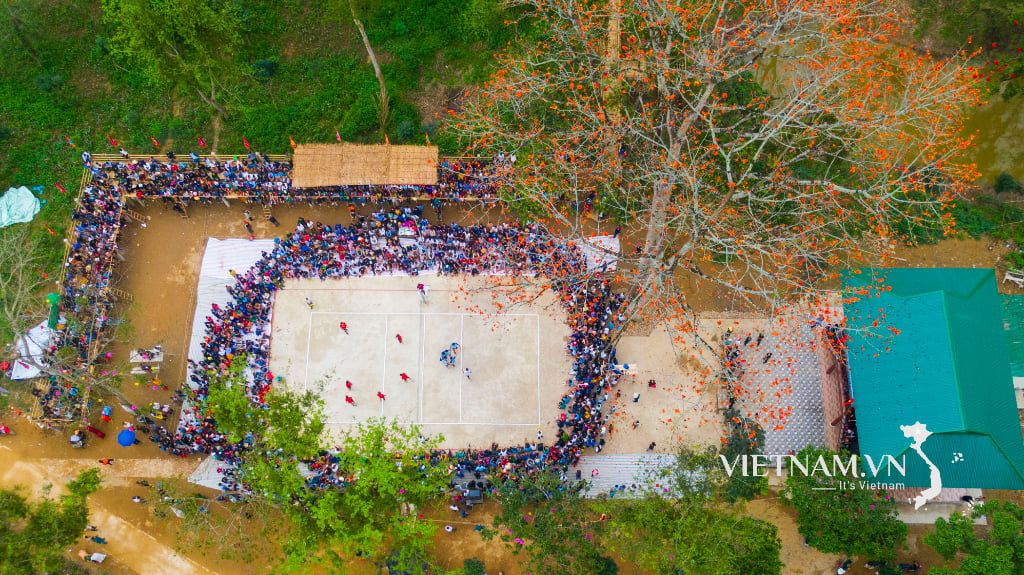
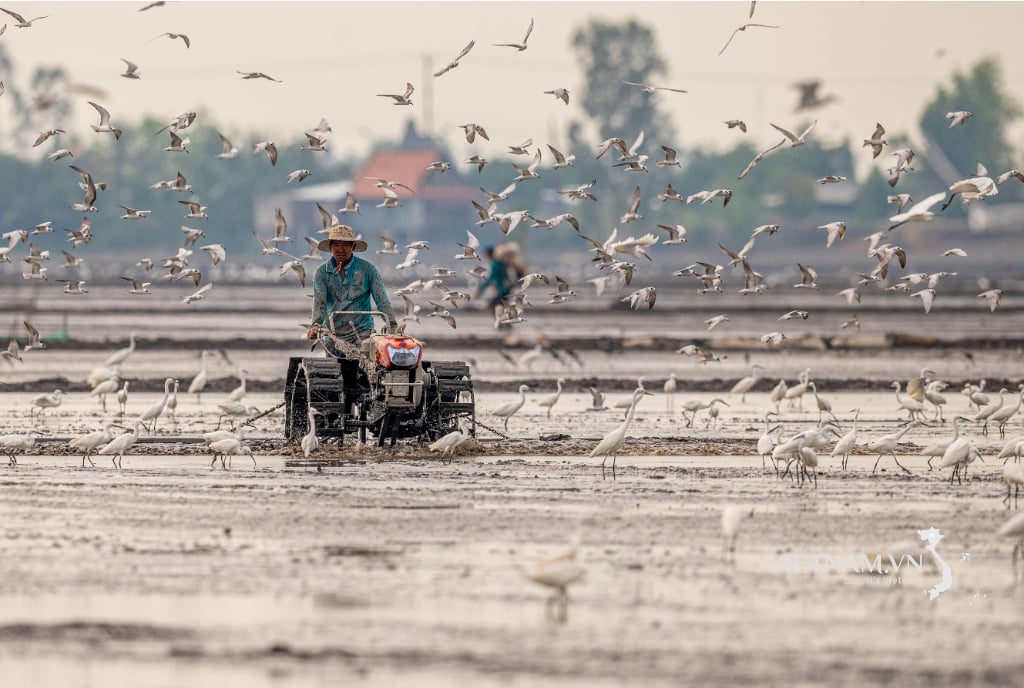
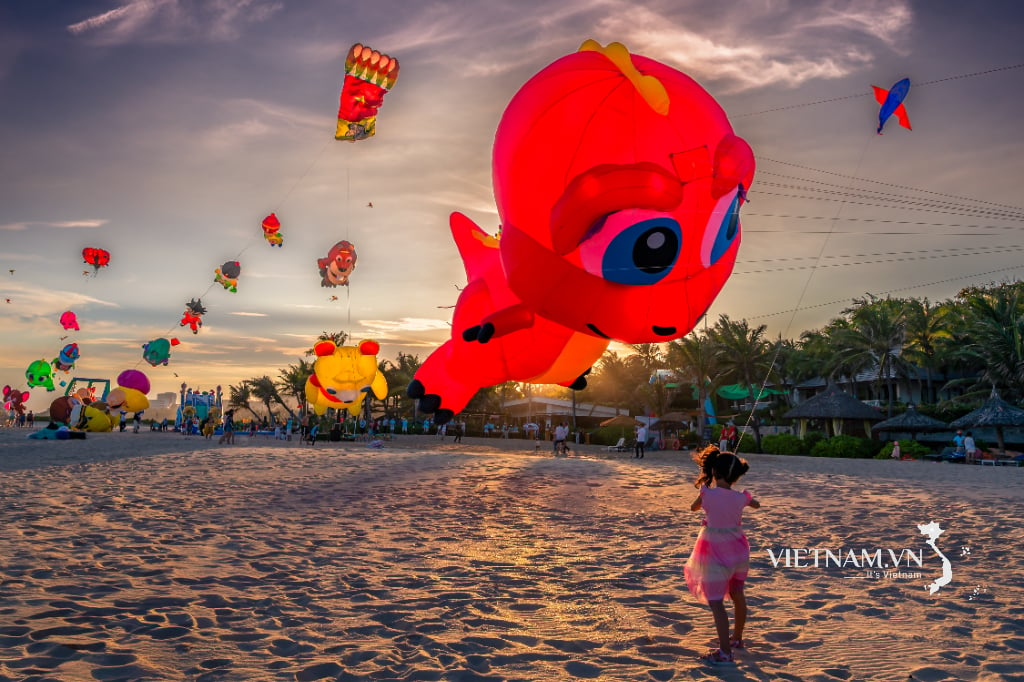

Comment (0)